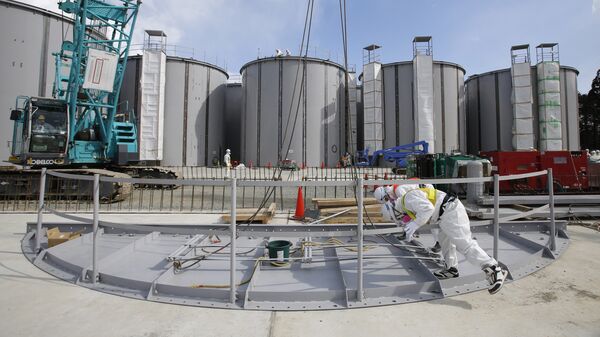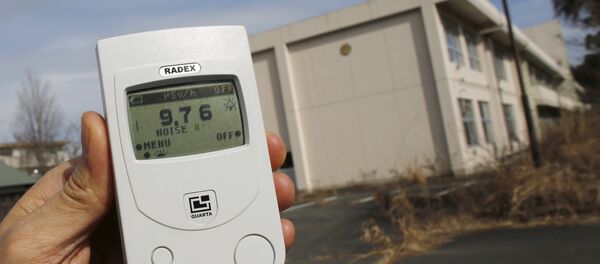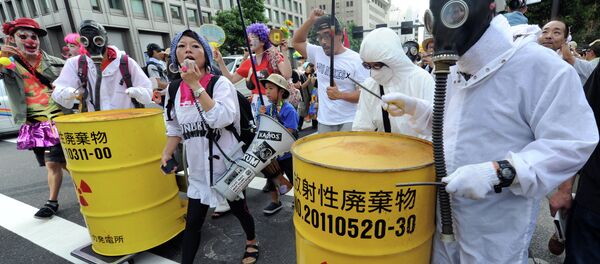Radio Sputnik’s Loud & Clear spoke with Kevin Kamps, the self-styled radiation watchdog for the Beyond Nuclear organization, about the Fukushima tragedy, how victims have been silenced and whether a similar meltdown could occur in America.
Kamps said that while the young woman’s courage in speaking out is uncommon, her condition is not. "Hers is not a unique story, unfortunately," he said. "There are well over 100 documented cases of thyroid cancer in Fukushima and this is with many segments, even with the youth population. There are large numbers of certain age groups that were youngsters at the time the disaster began five years ago that are yet to be tested."
The activist said that members of Japan’s nuclear establishment have attempted to explain away such statements by claiming that cancer rates seem high because they have not previously been studied. "I’m very dubious about that," Kamp said, "because Chernobyl showed that thyroid cancer and thyroid pathology is to be expected in people who are exposed to radioactive iodine 131, which is a reactor poison. It’s relatively short lived, but it’s vicious when it’s around, so it’s to be expected."
Kamps explained that radiation survivors in Japan are often stigmatized and socially ostracized, which is why the decision by the young woman to go public is so impactful. "As we’ve seen with hibakusha — the survivors of Hiroshima and Nagasaki — there’s tremendous stigma attached to radiation injury in Japan,” he said. “People have trouble finding marriage partners, people have trouble finding jobs, because it’s expected that they could die young, could have deformed children, that they could have genetic damage that they could pass on to future generations. So it’s very courageous for this young woman to step up."
Host Brian Becker asked Kamps to describe what happened in Fukushima, and if the US could be in danger of a similar nuclear reactor meltdown.
"At Fukushima Daiichi, 3 reactor cores melted down March of 2011, and we’re still living with an ongoing nuclear catastrophe because they still release radioactive activity into the ocean every day," he said, noting that 600 tons of molten core material may have settled into the groundwater. "These were US reactors. General Electric Mark 1 boiling water reactors. The United States still has 30 of them operating. The same vintage, the same exact design…we are living on borrowed time in the United States, we refuse to learn the lesson from Fukushima."
Becker noted that after the 3 Mile Island meltdown in 1979, construction of nuclear power plants in the US came to a halt. He asked Kamps, "Why can’t the US government take a decidedly anti-nuclear position knowing that these nuclear reactors have extreme vulnerabilities?"
"It’s the political and economic power of the nuclear industry — both weapons and electricity generation," he said. “They have a stranglehold on the nuclear regulatory commission. The Japanese Parliament identified collusion between the industry and the regulators and the government officials as the root cause of Fukushima." Kamps added that a similar collusion has been ongoing in America for the past 60 years. "I think it goes all the way back to the bombing of Hiroshima and Nagasaki in World War II, where certain elements of the US decision-making elite decided that nuclear power was our ticket to superpower status, therefore, no questions asked. And we’ve lived with those risks ever since."




